Eurasier
Eurasier is a confident, calm, and family-oriented medium size dog breed. Other names for this dog breed are Euroasian, Eurasian Spitz, and Eurasian dog. He is descended from spitz-type dogs that first came from Germany. They are very intelligent and loyal dogs.
FUN FACT: They have a blue-black tongue that they inherited from the Chow Chow.

Height:
19-24 in (48-61 cm)

Weight:
40-70 lb (18-32 kg)

Origin:
Germany

Life Expectancy:
12-16 years
Dog Breed Characteristics
This dog breed generally has a height of 19-24 in (48-61 cm) and can weigh 40-70 lb (18-32 kg) as an adult.
Grooming a Eurasier
Eurasiers have a double coat with a short, soft, and thick underlayer and a fluffy and rough top layer. They require regular brushing once or twice a week because they shed. They shed heavily twice a year when the entire undercoat comes off. That period will last for about 3 weeks. During that period, daily brushing is necessary. Their main coat colors are black, fawn, black, tan, red, and wolf sable.
These dogs have little body odor and don't require much bathing. The rest is basic care - trim their nails when needed, usually every two weeks, and brush their teeth to secure fresh breath and healthy gums.
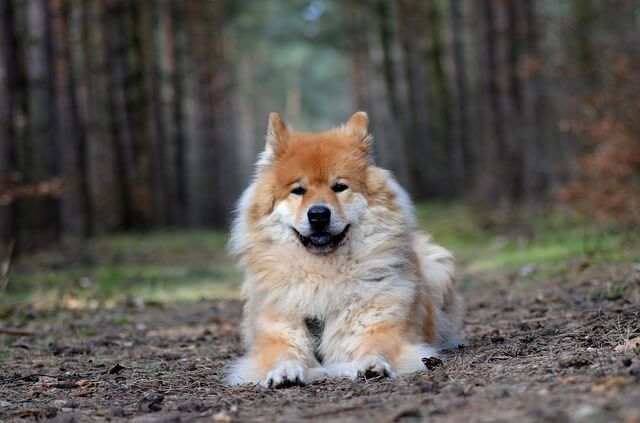
Energy level
Eurasiers are medium-active dogs. They require daily walks, and they will love to play with other dogs. They are excellent in any dog sports that require working with their people, such as agility and obedience. Most of these dogs love to swim.
FUN FACT: Eurasiers are fun-loving and playful dogs by nature.
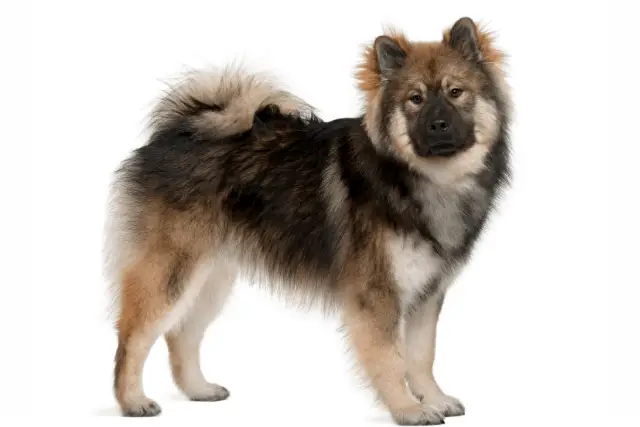
Training
These dogs are very loyal to their family, and because of that, they are very trainable. Eurasiers are good-natured dogs, but they can be reserved for strangers. Training should be interesting and start early. These dogs will get bored if the training is repetitive.
Because they are eager to please their owner, harsh training methods are not recommended.
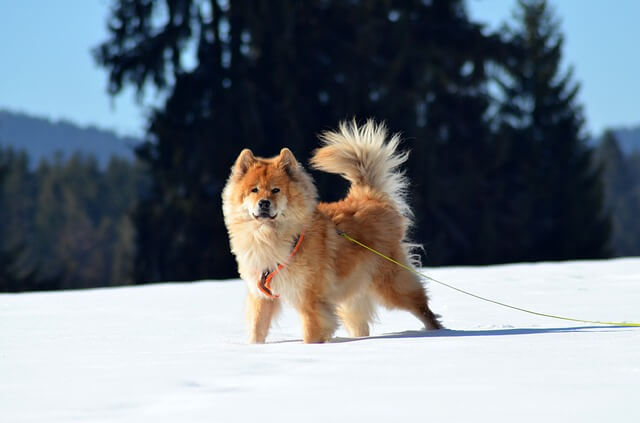
Temperament
They are very social dogs that need to be included in any family activity. Eurasiers are good with children of all ages, especially if raised together. You should always teach your kids how to properly play with the dog. Also, they are very good with other pets if raised together. For all the other pets, he will need time to get to know them.
They are not aggressive or easily provoked, but they will remain reserved until they get to know them. With the right socialization, they can get along with everybody. They are an excellent choice for first-time owners because they are eager to please.
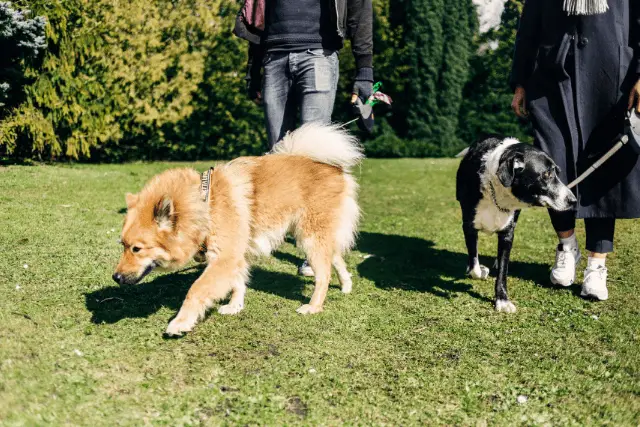
Health problems
Eurasiers are generally healthy dog breeds with a life expectancy of 12-16 years. They are prone to some health issues that every future dog owner should be aware of. This doesn't mean that your dog will end up with any of these problems. Some of the health problems that Eurasier can suffer from include hip dysplasia, gastric torsion, patellar luxation, hypothyroidism, and eye problems.
FUN FACT: Eurasiers make good watchdogs, but in general they are not aggressive toward strangers.
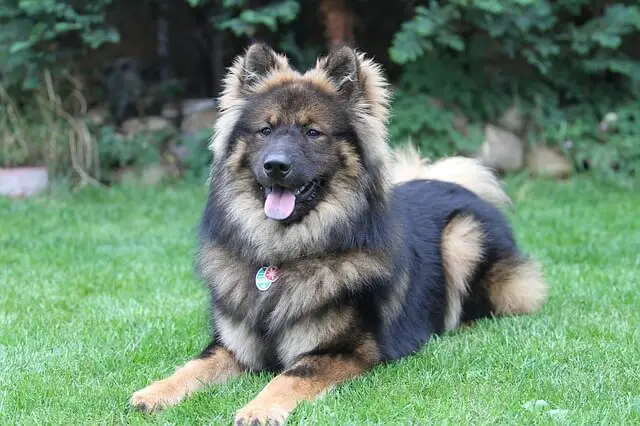
Eurasier breeders
If you are interested in getting an Eurasier dog you should know that these dogs are rare and they are quite expensive. Take your time and search through breeders to find the best one. If you don’t want that your puppy develops some health problems later in life, never buy a dog from a puppy mill breeder or pet store.
Always ask the breeder to show you the health certificates of his breeding dogs. If it’s possible, always see the mother of the puppy you are interested in and the conditions she lives in. Talk to the breeder and ask him all the questions you are interested in. Because they spent time with his puppies every day, he can recommend what puppy is right for you and your lifestyle.
World Dog Finder team

Updated at31.08.2023.
Breed History
In the 1960s, German breeder, Julius Wipfel started looking for a dog who will be a great family pet and who will have the adaptability of the wolf, so he started mixing Chow Chows with Wolfspitz dogs. In 1972 they crossed that dog with the Samoyed to secure the friendly nature of the dog.
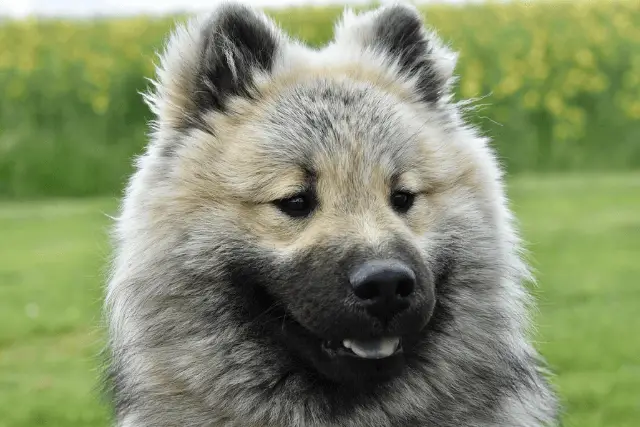
The FCI recognized these dogs in 1973 by the name Eurasier to acknowledge their combined European and Asian background.
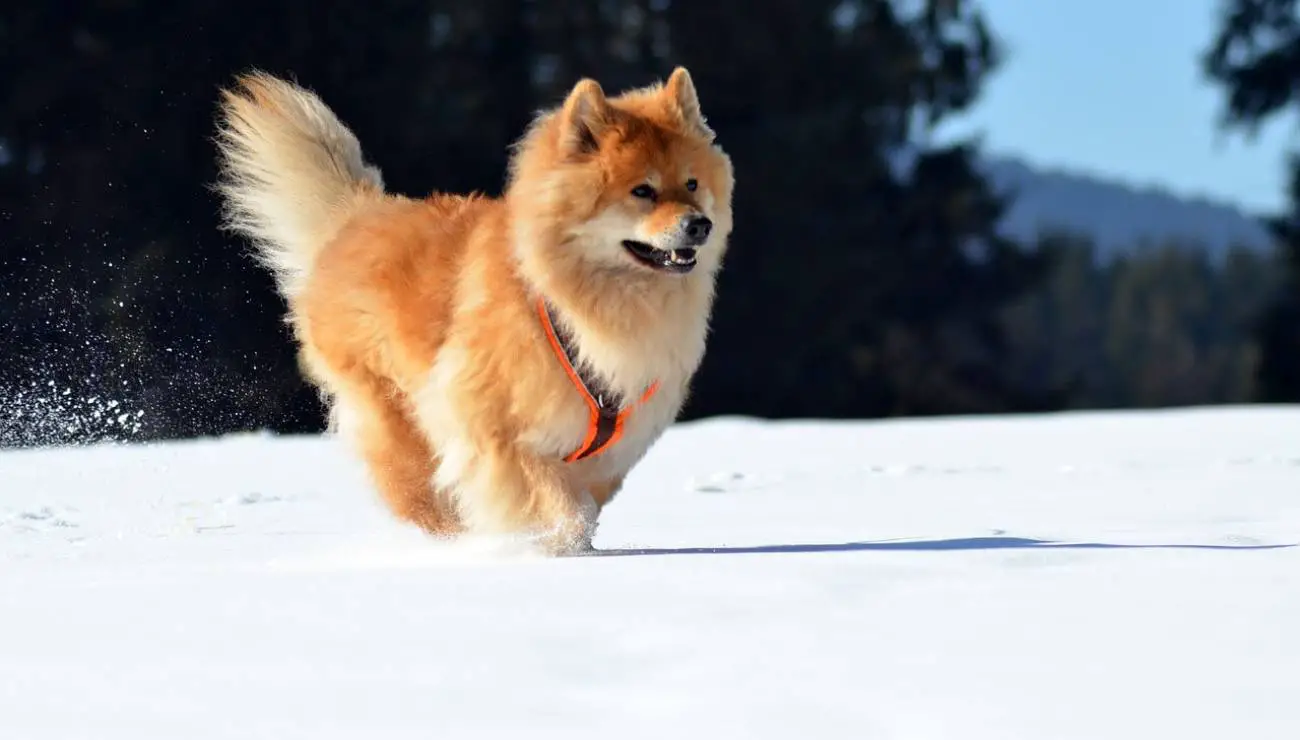
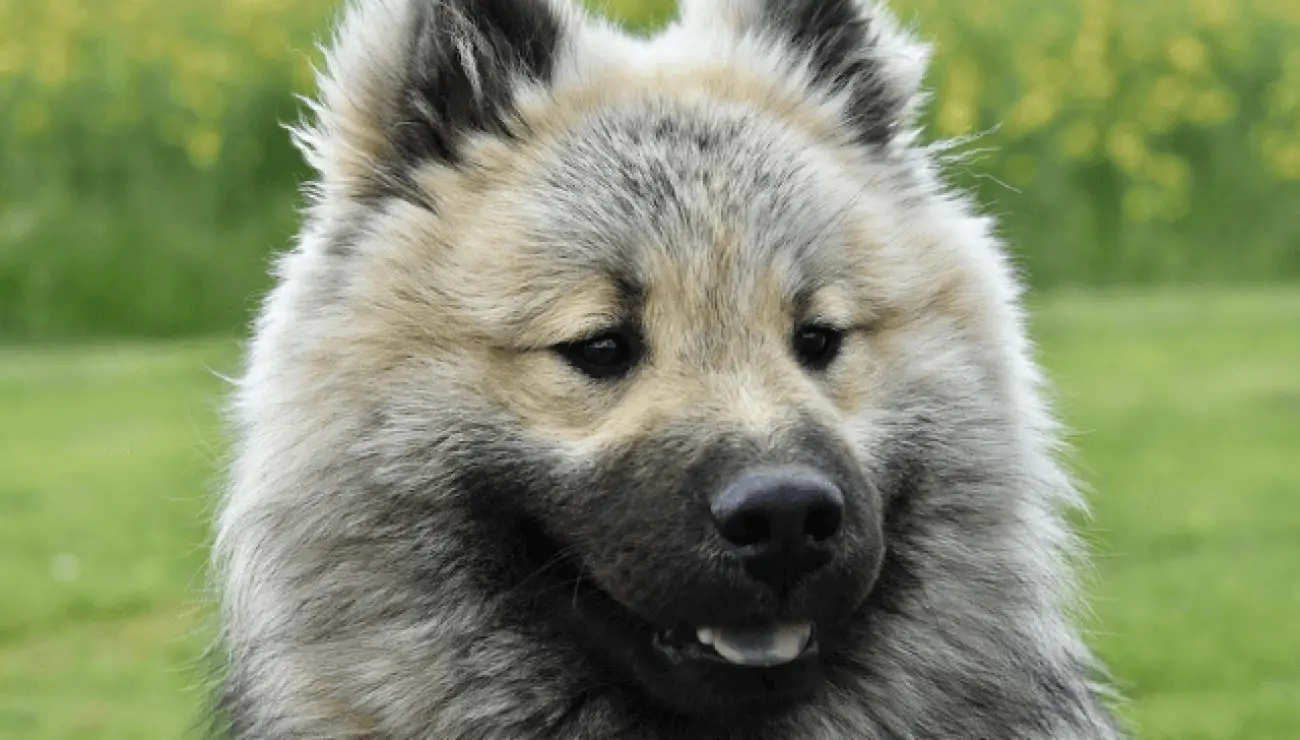
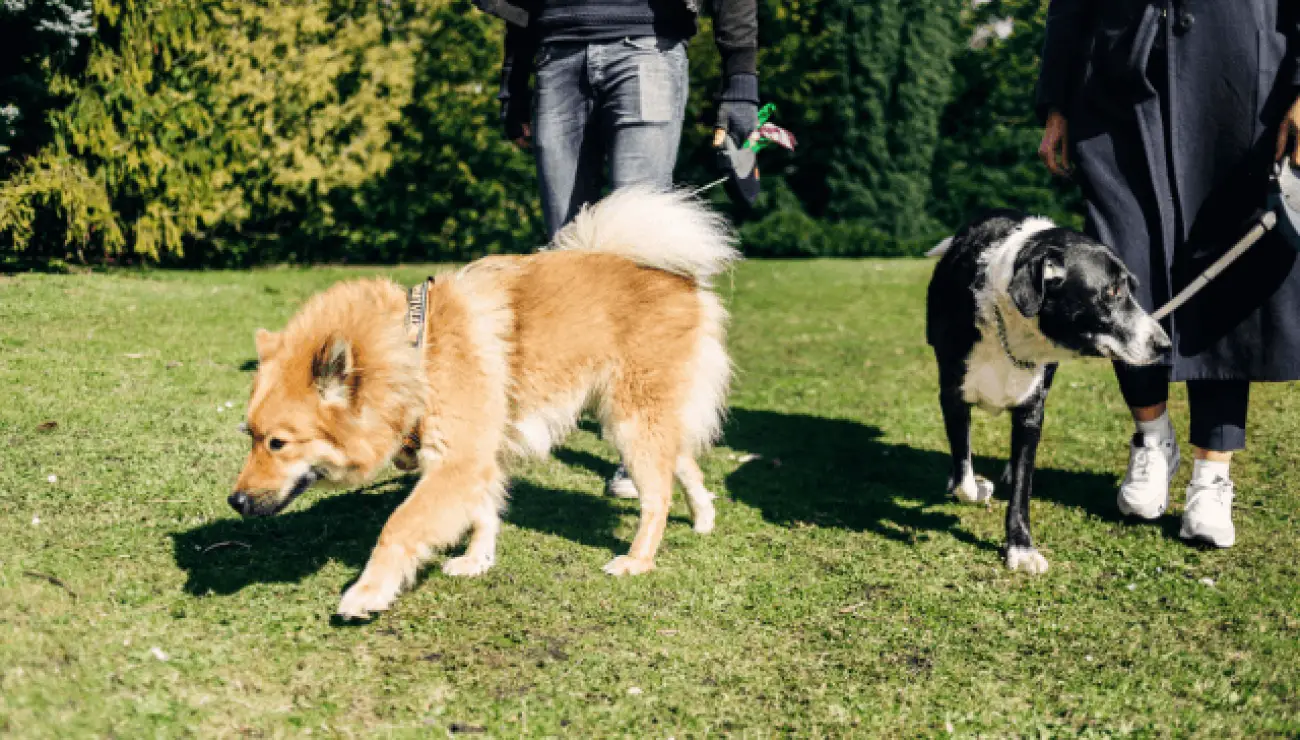
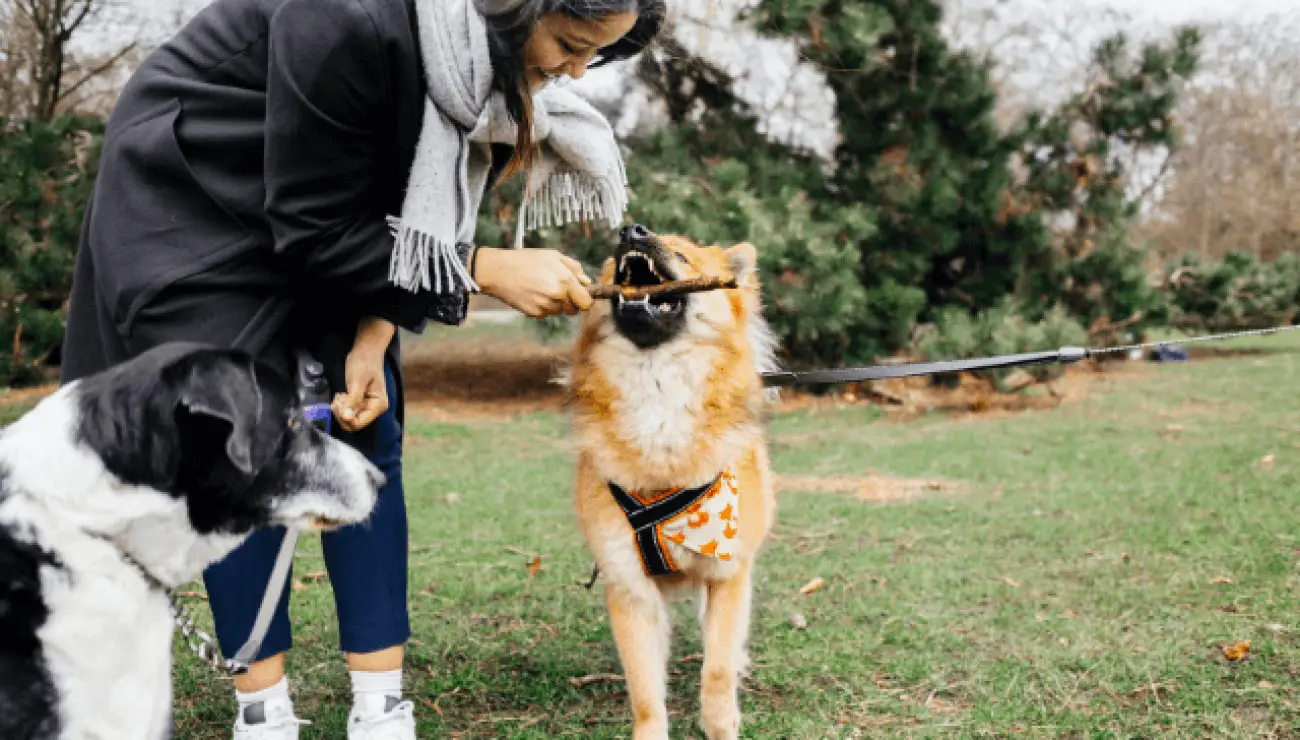
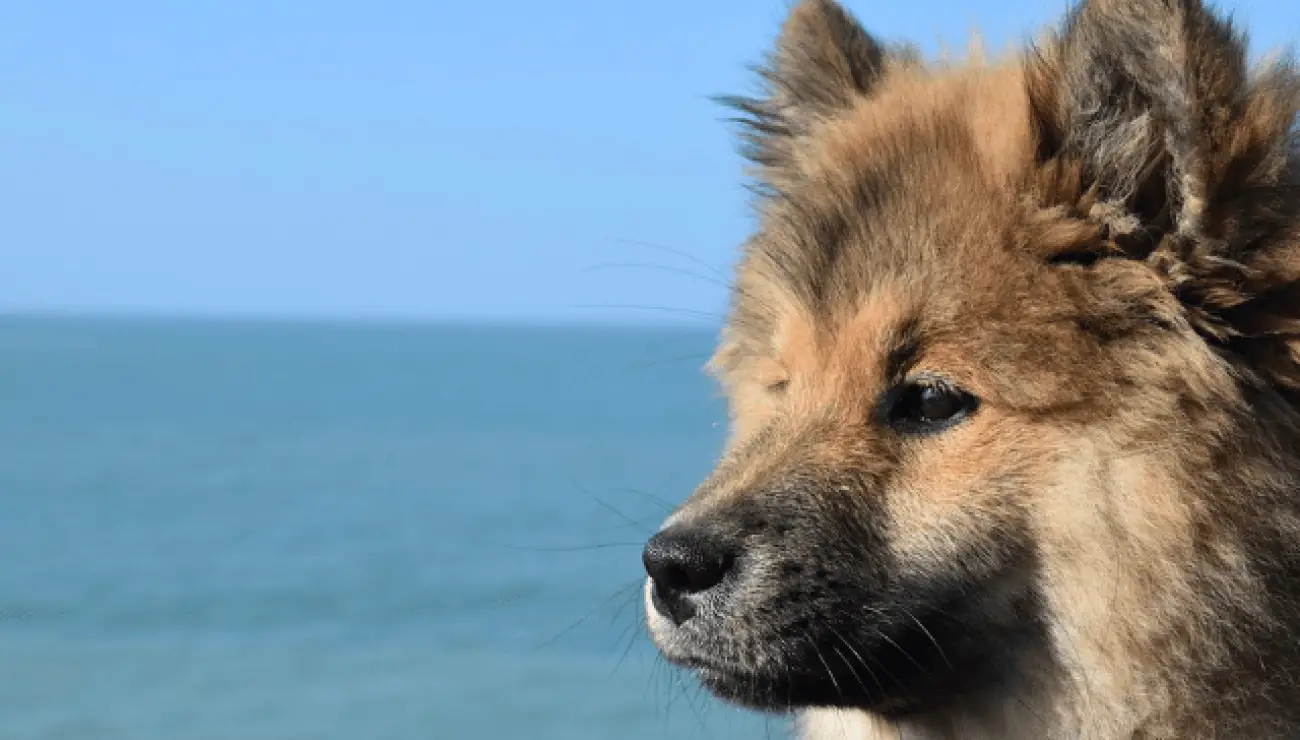
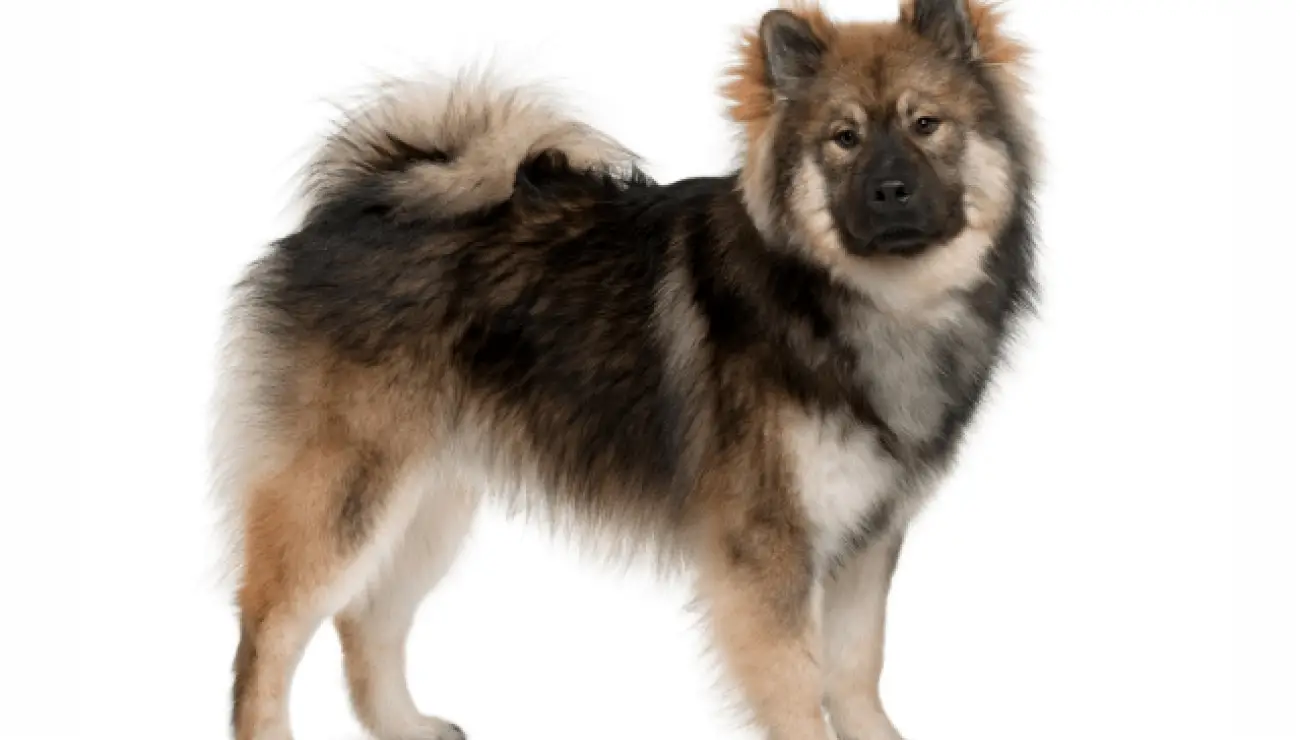
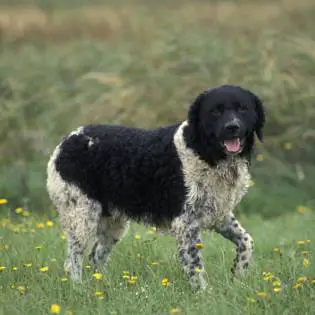
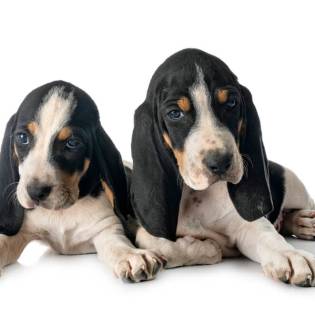
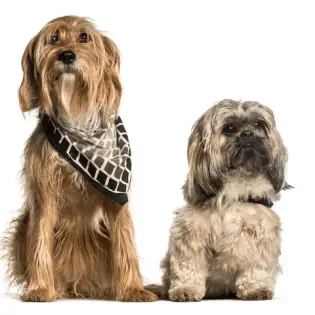
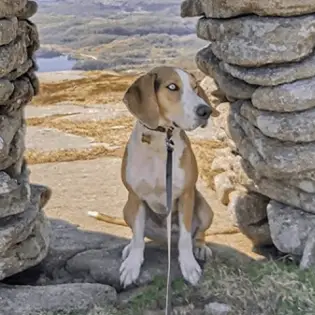
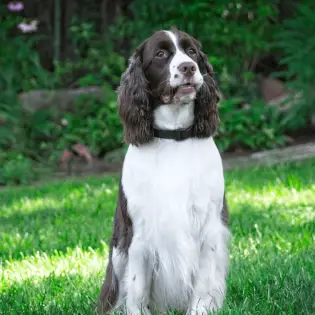
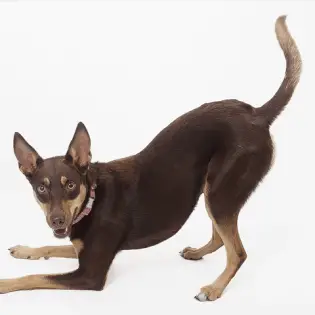
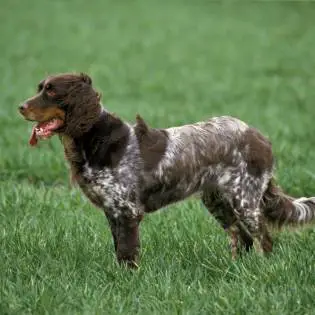
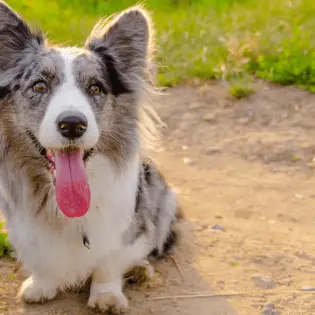
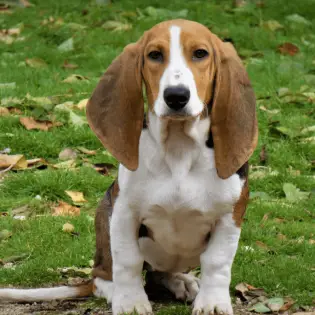
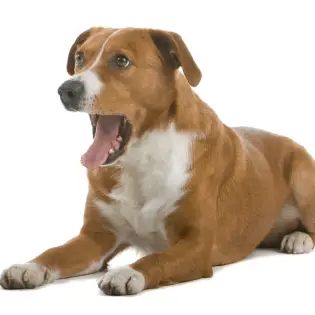

Share